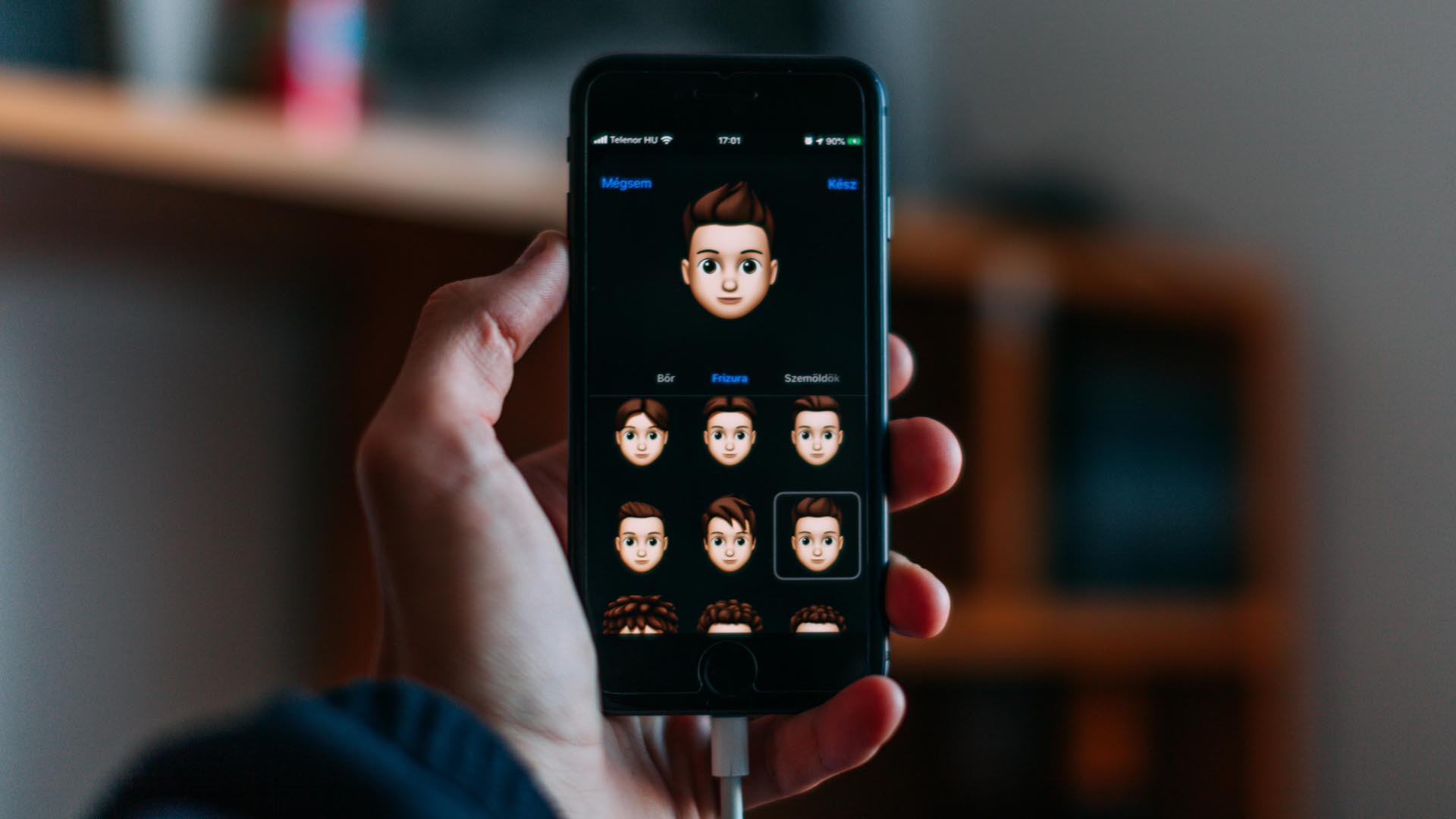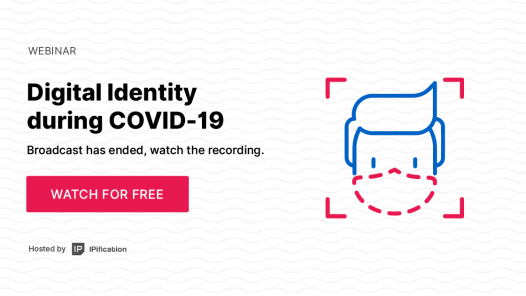Most of us remember a time when we used to give out our ID cards or social security numbers as a means of identification. Today, after digitalization, the situation is quite a bit different.
Our biggest identifiers today are our social media profiles, our email addresses, and our banking information. All of them are connected by one common feature – our phone numbers.
And I can’t say it about you for sure, but I know that people around me usually never think twice before giving out their phone number to a business.
We give them out at different shops to become members and get discounts, we use them to verify our identity when signing up for an app, we use them for 2FA, etc.
While I’m not saying you shouldn’t accept these things as they are, especially if they’re as helpful as 2FA can be, we should definitely weigh whether they are worth the risk.
If you’re asking me, I say mobile phone numbers are incredibly useful for Mobile ID purposes, but only if applied properly while at the same time maintaining high security and privacy levels.
But, my mobile phone number can’t expose that much, can it?
How exposed you actually are with public mobile phone number
Turns out – it can. Your mobile phone number exposes more than your diary.
Yes, you read that right. As a matter of fact, your mobile phone number may have become a better identifier than your full name.
Since there is a large number of people online today, the names often clash. This is why your unique mobile phone number is a much stronger identifier.
As for what you can find out, I’ll just put what one NYTimes reporter discovered in front of you.
After having his number plugged into a public records directory, his name, birth date, address, the property taxes he pays and the names of his family members came up.
Imagine if there was an actual effort put into trying to find out more information based purely on his mobile phone number. I don’t want to go there.
The information from the public records directory alone is enough to do real damage. It could be used to answer online security questions to break into his online banking account. Moreover, this information might have made him or his family a target of phishing attempts.
Remember SIM Swapping? The attacker could call the mobile operator and request a new number. This information could have been enough to do it successfully.
However, while we certainly shouldn’t give out our phone numbers as much, because it is such a strong identifier, it is often used to strengthen the security of our online accounts.
And you might be wondering, is it worth it?
2FA just won’t cut it today
The first thing that comes to mind when talking mobile phone numbers and security is most likely two-factor authentication. We’ve all been using it to protect our online accounts for some time now.
2FA is better than nothing, but you probably already know our stance on this one. This is especially concerning the SMS OTP version of the method. Today, it just won’t cut it. Aside from it not being safe enough, the companies that let you use your phone number to protect your online account often handle them improperly.
Do you remember the Facebook phone number scandal? Not only could advertisers put your number in to match it with your profile and then serve targeted ads, but Facebook also allowed anyone to find an individual’s profile by pasting their number into the search bar.
Now, after all this, you might be thinking of getting a new number and keeping it top secret. I mean, who can we trust to keep them safe while utilizing their practicality in upping security protocols?
I say we trust those who give them to us in the first place – mobile network operators.
Mobile network operators as the safest regulator
We’ve said this before, but it doesn’t hurt to reiterate – as far as mobile ID management goes, mobile network operators are the key.
To start with, the prospect of mobile ID and its usefulness is simply too good to pass on. With over 5 billion people connected to mobile services in 2017 and the prediction that by 2023 the number of unique mobile subscribers will reach 71% of the population, the potential is enormous.
But why mobile network operators?
They are the provider of the service. As such, it’s only logical that they have the most power when it comes to managing your account. Their coverage and their technological abilities to run cryptographic operations with your unique SIM card only add to this argument.
It’s also important to note that it’s not only us who are saying this. Did you know that 46% of consumers see mobile operators as a likely provider of these types of services?
Most importantly, mobile network operators have already started doing something about this. We have SMS 2FA, there are countries where you can safely vote online using your digital signature, or best of all, Crnogorski Telekom (DT Group) has already partnered with IPification to bring passwordless future to their business clients.
I’m confident that IPification is the rare authentication solution that leverages the power of mobile phone numbers and operators properly. This is to provide the ultimate authentication solution.
IPification relies on mobile network operators to generate a unique mobile ID based on your phone number and device data. This goes on while still detecting any changes to the device itself or the SIM card.
The authentication process is completed within a millisecond in the background. Your actual data isn’t ever being shared with anyone else.
This means that with IPification, SIM Swapping is an unpleasant memory of the past. As your data is never actually being shared, it lowers the risk of your being a target of different attacks. Finally, it was designed to value security, privacy, and UX equally.
This protects the user properly while taking advantage of this huge potential. It also offers new revenue streams to mobile operators, helping them re-establish their position as the key players in the area of mobile ID.
And why not use our phone numbers and already existing mobile network operator infrastructure to enable something so necessary as mobile ID is today?



